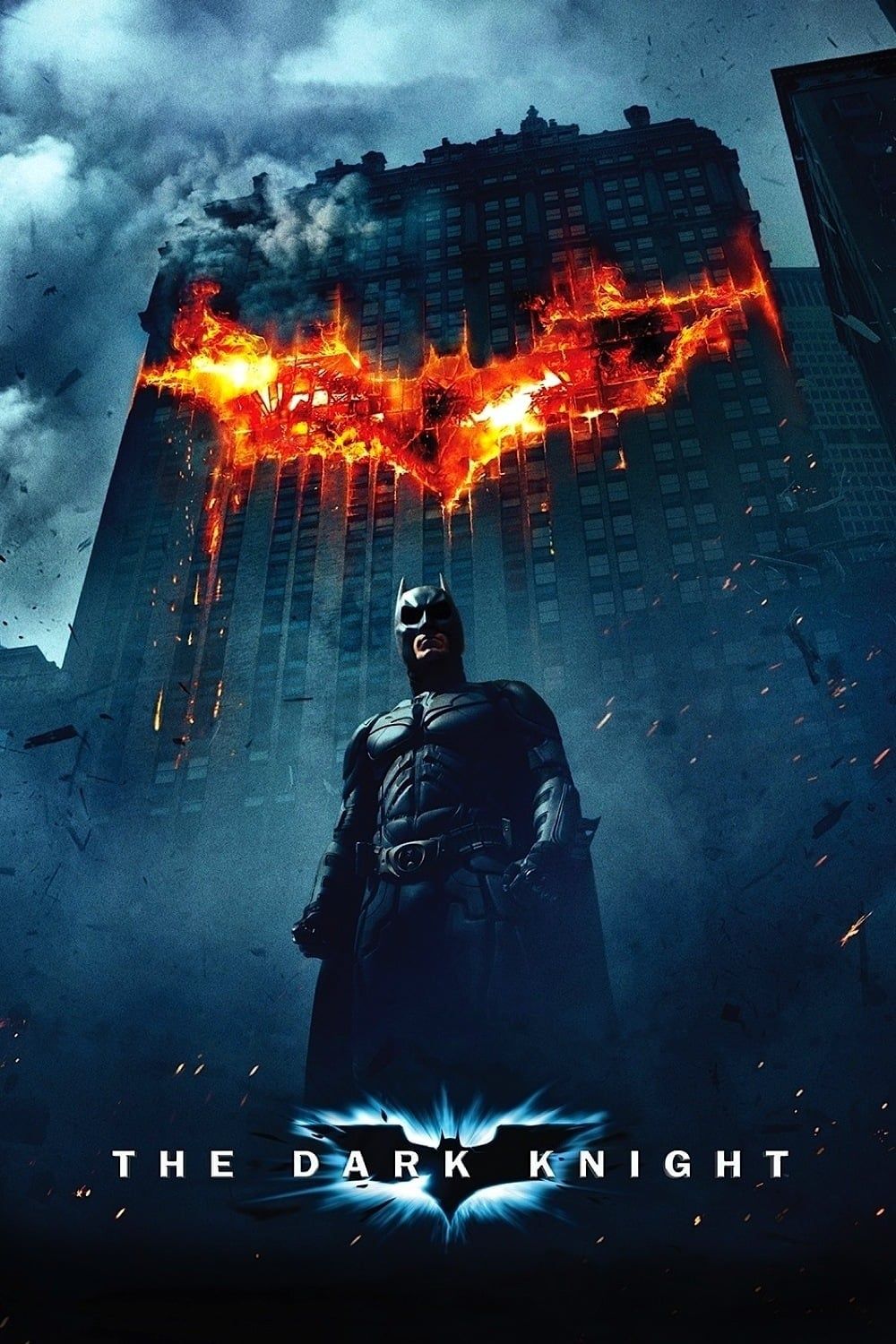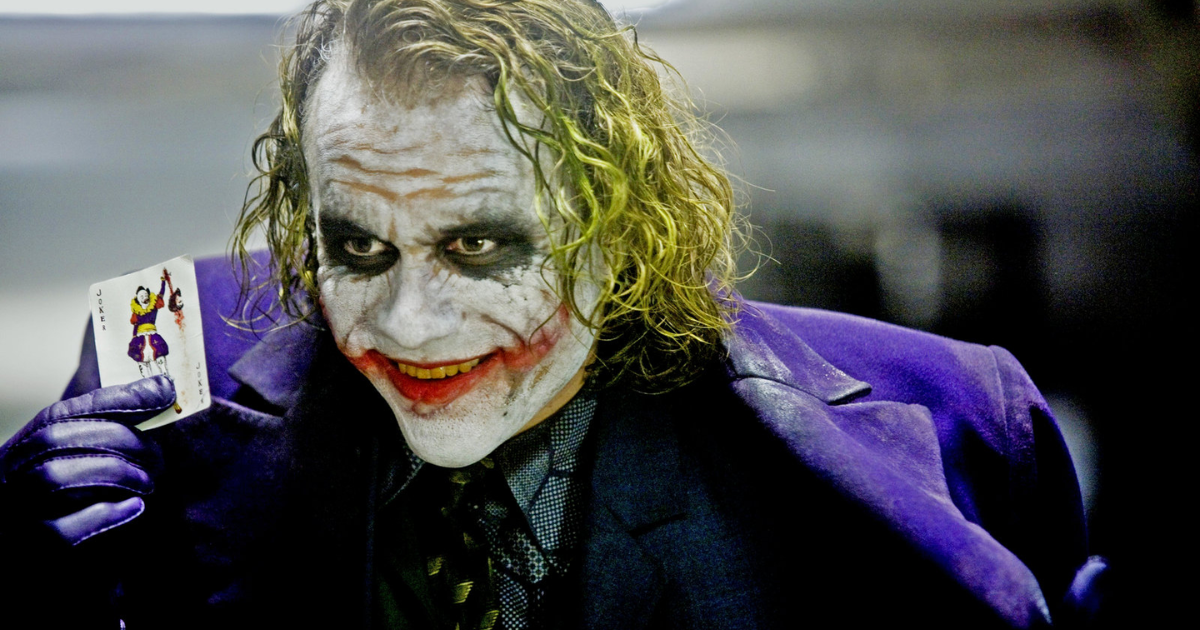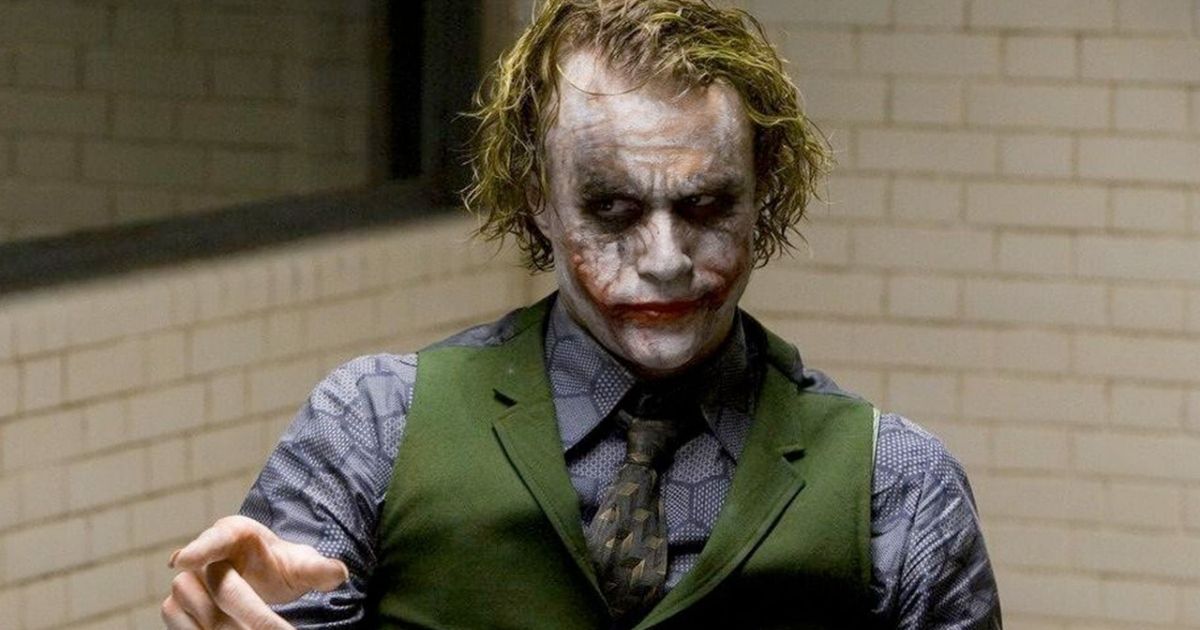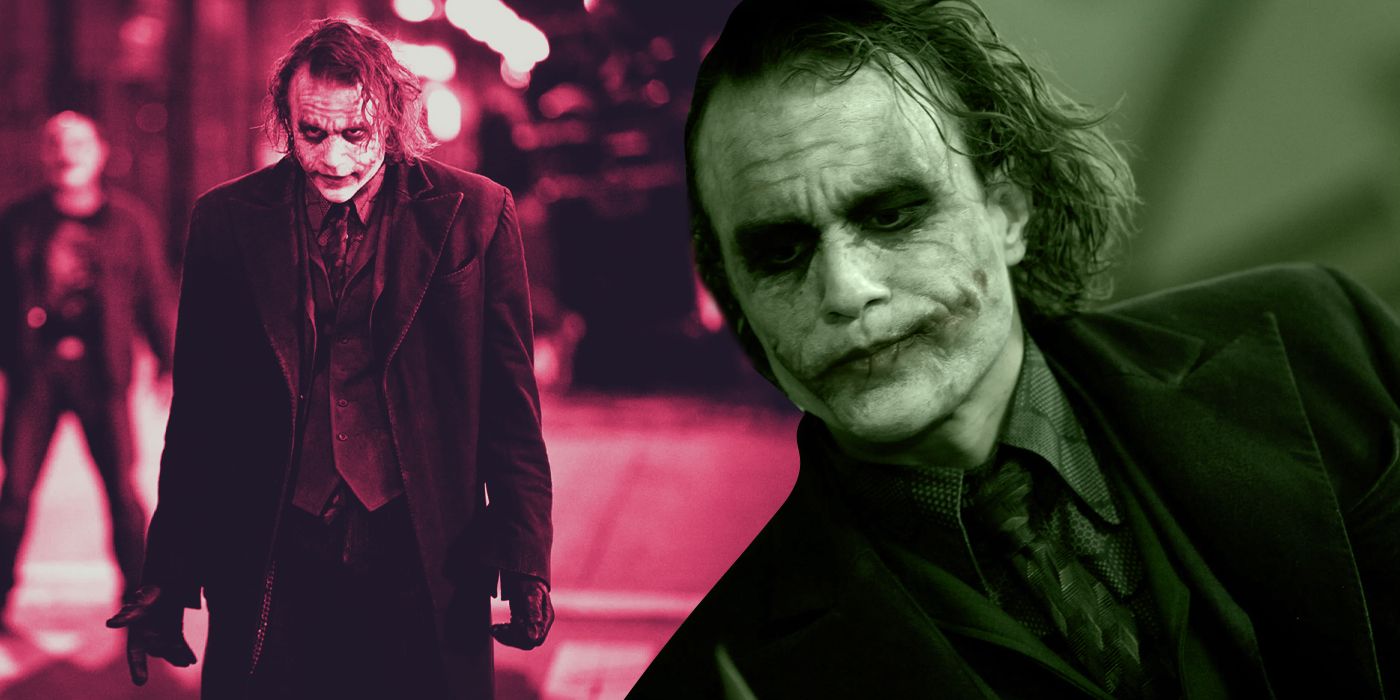Summary
- Ledger's portrayal of The Joker in The Dark Knight transcended his untimely death and achieved legendary status.
- Ledger's Joker reinvented the character with a psychological focus and a grimy appearance.
- Ledger's performance as The Joker made a powerful statement, redefining the superhero film genre and earning universal acclaim.
Heath Ledger was only 28 when he died on January 22, 2008, approximately three months after Ledger had completed work on the 2008 superhero film The Dark Knight, in which he plays the iconic role of The Joker. Ledger’s death came approximately six months prior to the film’s theatrical release and exactly 13 months before Ledger was posthumously awarded the Best Supporting Actor Oscar for his memorable performance.
However, while the specter of Ledger’s untimely death certainly elevated the level of anticipation and emotion that surrounded Ledger’s posthumous Oscar victory and the release of The Dark Knight, his brilliant performance nonetheless transcended his death. Unlike Brandon Lee, whose haunting final performance in the 1994 superhero film The Crow was somewhat overshadowed by the eerie parallels that exist between the film and Lee’s death, Ledger achieved legendary status from The Dark Knight primarily because of Ledger's unforgettable performance as The Joker. Ledger occupies the role so convincingly that audiences tend to forget that there’s an actor underneath the Joker makeup.
Heath Ledger's Joker Reinvented the Character

The Dark Knight
- Release Date
- July 14, 2008
- Director
- Christopher Nolan
- Cast
- Christian Bale , Heath Ledger , Aaron Eckhart , Michael Caine , Maggie Gyllenhaal , Gary Oldman
- Runtime
- 152
Heath Ledger’s appearance as The Joker in The Dark Knight marked the first time that The Joker had been featured in a live-action feature film since the 1989 film Batman, in which The Joker is played by Jack Nicholson. His portrayal of The Joker is very much grounded in the character’s traditional appearance from the Batman comic book series. Specifically in terms of the comic book character’s trademark bleached white skin.
As Jack Nicholson’s Joker is defined primarily by the character’s conflict with Batman, Ledger’s appearance as The Joker in The Dark Knight is grounded in the character’s psychological underpinnings and the film’s core themes of anarchy and chaos. While Ledger’s Joker wears the character’s traditional green and purple palette in The Dark Knight, this Joker's grimy, sloppy makeup disguises the scars of a Glasgow smile, a scarring wound that’s created by making a cut from the corners of a victim’s mouth to their ears, which The Joker purportedly received as a child from his abusive father.
Ledger based his appearance and manner as The Joker on various punk influences, most notably Malcolm McDowell’s sociopathic character Alex from Stanley Kubrick’s 1971 dystopian crime film A Clockwork Orange and the 1962 Anthony Burgess novel of the same name. Like Alex, Ledger’s Joker is a mass-murdering psychopath who is devoid of empathy and seemingly aspires only to, in the words of Alfred in The Dark Knight, watch the world burn.

Every Heath Ledger Movie Performance, Ranked
Thanks to one of film's greatest performances along with several notable others, Heath Ledger will live on forever in the history books of Hollywood.Indeed, one of the most frightening aspects of Ledger’s portrayal of The Joker is the character’s seeming complete lack of a typical criminal motivation. In the words of Ledger’s Joker, his reign of terror isn’t about money but rather making a statement.
A Mad Dog Unleashed Upon Gotham City
While Heath Ledger certainly radiates evil with his performance as The Joker in The Dark Knight, Ledger’s performance moves far beyond the typical villain persona and becomes a demonic force. This serves to create various ethical and moral dilemmas for Batman, who is continually put in the position of having to make seemingly impossible decisions throughout The Dark Knight. The Joker’s only defined purpose in The Dark Knight is to sow chaos and corruption throughout Gotham City by severely testing and threatening the bonds of the supposed incorruptibility of Gotham’s protectors, specifically Batman, District Attorney Harvey Dent, and Lieutenant James Gordon.

Heath Ledger's Best Moments as The Joker, Ranked
Other film depictions of the character miss this crucial component of the character’s psyche, but not the Heath Ledger Joker.Through deduction and manipulation, The Joker finds his most fertile, susceptible target among the trio in once virtuous Harvey, who is driven insane after The Joker orchestrates the murder of Harvey’s girlfriend, Rachel Dawes. Batman’s alter ego, Bruce Wayne, also happens to be in love with her. While Batman compartmentalizes his grief over Rachel’s death to save Gotham City, Harvey becomes immoral and starts killing people.
The Joker corrupts Harvey, played by Aaron Eckhart, so completely that The Joker, following Rachel’s death, even convinces Harvey that The Joker isn’t primarily to blame for Rachel’s death, which The Joker attributes to the people of Gotham City, starting with Batman and Gordon. Harvey describes The Joker as being like a mad dog and instead directs his rage at those people whom Harvey believes let The Joker off his proverbial leash.
Ledger's Joker Made a Powerful Statement
While Heath Ledger’s career includes many memorable performances — including his Oscar-nominated performance in the 2005 drama film Brokeback Mountain — Ledger never explored the psychological depths of a character as deeply as he did with his complex, diabolically inventive performance as The Joker in The Dark Knight. Over 15 years after his death, Ledger’s performance as The Joker has proven to be groundbreaking in terms of redefining and unlocking the dramatic possibilities that could be explored within the superhero film genre, in which many films have tried and failed to match the gritty realism of The Dark Knight and Ledger’s unforgettable performance.
Moreover, the universal acclaim that Ledger’s performance received upon the film’s release has only intensified with the passage of time, through which The Dark Knight has become the gold standard blueprint model for all modern superhero films and is widely regarded as not only the greatest superhero film but also one of the greatest films of all time.

